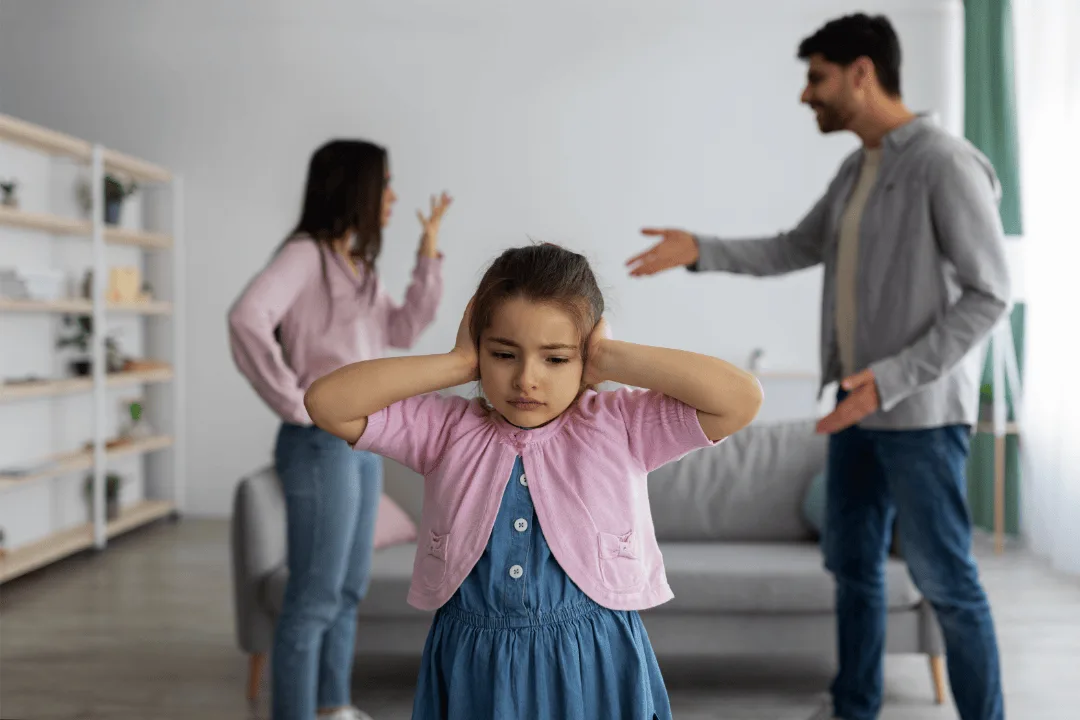In today’s world, understanding the deep impact of childhood experiences on adult behavior has become more crucial than ever. Recent research from a team of scientists in Japan sheds light on a disturbing connection that many might find surprising: individuals who experienced difficult or traumatic events in childhood, known as adverse childhood experiences (ACEs), are at a much higher risk of committing elder abuse later in life. This study, led by Chie Koga and her colleagues, explores how trauma in youth can ripple through a person’s life, leading not only to future hardships but also to negative behaviors toward older adults, especially those in their care.
The study used data from over 13,000 participants between the ages of 20 and 64 in Japan, gathered through an internet survey. What they found was startling. People who had gone through one adverse experience in childhood were more than three times more likely to abuse an older adult compared to those who had not. For individuals with two or more adverse childhood experiences, that likelihood jumped to almost eight times higher. This is a striking confirmation of what experts have long suspected, that the effects of childhood trauma don’t just fade away as time passes. Instead, they can continue to shape behaviors well into adulthood, sometimes in ways that are deeply harmful to others.
To understand what ACEs are, think of them as the tough challenges some kids face growing up. This could mean losing a parent, witnessing violence at home, experiencing abuse, or dealing with a parent’s mental illness. These events, which many children are sadly familiar with, can leave emotional scars that don’t easily heal. Previous studies have shown that people who experience ACEs are more likely to struggle with their own mental health, have trouble forming healthy relationships, or even develop chronic diseases. But this new research takes it a step further by showing how those early experiences might contribute to harmful behaviors later in life, including elder abuse.
What’s particularly interesting about this research is its focus on elder abuse, a topic that doesn’t get as much attention as it should. Elder abuse, which includes physical, psychological, and even verbal mistreatment, is a growing problem worldwide. Many older adults rely on family members for care, and unfortunately, some of those caregivers have unresolved trauma of their own. This study reveals that people with a history of ACEs are at much higher risk of turning that trauma into harmful actions when they become caregivers themselves.
The connection between ACEs and elder abuse isn’t a simple one. The researchers were able to identify several factors that help explain why this link exists. Mental health issues, such as depression and other psychological disorders, were found to play a major role. In fact, depression alone was responsible for nearly 19% of the increased risk of elder abuse among individuals with ACEs. Other mental health problems accounted for an additional 17%. It seems that unresolved mental health struggles are a key driver in this chain of negative behaviors.
As Dr. Koga puts it, “The intergenerational cycle of violence doesn’t just stop with children. It continues into adulthood and can extend to other vulnerable groups, like the elderly.” Her words highlight a critical point: breaking this cycle requires addressing not just the immediate effects of childhood trauma but also the long-term emotional and psychological scars it leaves behind. If those mental health issues aren’t dealt with, they can resurface in harmful ways later in life, especially when someone is placed in a caregiving role where patience, empathy, and understanding are needed.
Why is this research important?
First, it underscores the need for early intervention. By helping children who experience trauma, we’re not just improving their childhoods but also protecting future generations from the harmful effects that might emerge down the road. Schools, families, and communities all have a role to play in providing support to children who face these hardships, whether it’s through counseling, social services, or other resources. This kind of support can help prevent the trauma from festering and leading to negative outcomes later in life.
Second, this research highlights the importance of addressing mental health issues in adulthood, especially for those in caregiving roles. People who have experienced ACEs and are now in a position to care for others, particularly vulnerable older adults, need access to mental health services to deal with their own unresolved trauma. By providing them with the support they need, we can reduce the likelihood of elder abuse and create a safer environment for both caregivers and the elderly.
Looking ahead, there are several important implications for future research and policy. One key area is improving mental health screenings for caregivers. Regular mental health check-ups could help identify individuals who might be at risk of abusing an older adult due to their own past experiences. Another area to explore is family therapy and counseling services that can help break the cycle of violence by addressing issues at a family level, rather than focusing solely on individuals.
While this study focused on Japan, its findings are relevant globally. The cycle of trauma and abuse doesn’t respect borders, and many countries face similar challenges when it comes to childhood trauma and elder abuse. As more and more countries deal with aging populations and increasing caregiving responsibilities, it’s crucial to understand how trauma plays into the equation. By doing so, we can create more compassionate care systems that protect both caregivers and the elderly.
In the end, this research reminds us of the far-reaching effects of childhood trauma. As Dr. Koga and her team have shown, the consequences of adverse childhood experiences can last a lifetime, influencing behavior in ways that are sometimes unexpected.
For more information, visit: https://doi.org/10.1001/jamanetworkopen.2024.36150



